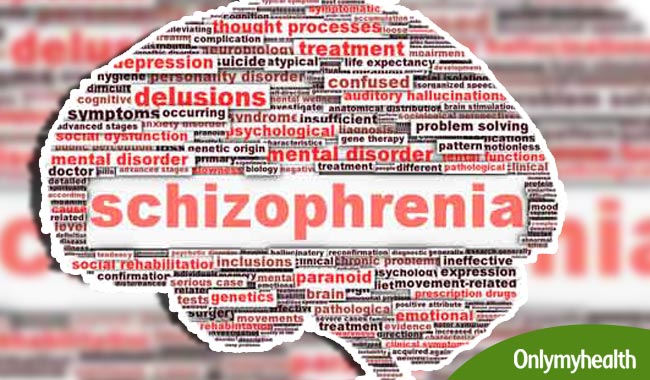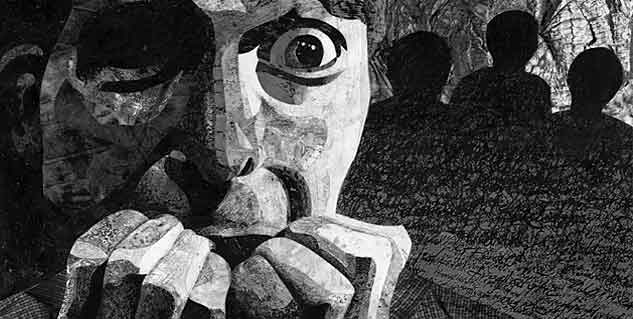
Schizophrenia is a chronic mental illness that can have devastating effects on the patient's quality of life and affect his/her family and friends as well. The exact cause of schizophrenia is not known and there's no sure way to prevent it, but it can be treated. The disorder has a tendency to relapse, which can be devastating. Therefore, relapse prevention is critically important. Read to know ways to prevent schizophrenia and relapse of the disease.
Tips to Prevent Schizophrenia
If you are at an increased risk of schizophrenia (due to family history of schizophrenia or other mental illness), the risk of developing schizophrenia can be lowered by avoiding street drugs, maintaining healthy friendships and early treatment of depression, sadness and anxiety/fear, reducing stress and getting enough sleep.
Starting a treatment as soon as diagnosis in a schizophrenic is necessary to help minimise symptoms or prevent them from worsening. Experts say that response to treatment is best when the disorder is diagnosed and treated right away. Continuing medications and psychosocial treatment are important to prevent relapses or worsening of schizophrenia symptoms.

Also Read: How Long does Schizophrenia last
Tips to Prevent Relapse of the Disease
- Cognitive-behavioural therapy: Regular cognitive-behavioural therapy after symptoms of psychosis are controlled can help a schizophrenic patient to cope with stress and identify early warning signs of relapse
- Medications: Taking medications as directed is important to control symptoms and prevent relapse. Many schizophrenic patients stop the medications when the symptoms subside. Long-term medications are the key to successful management of schizophrenia. Stopping the medication when the symptoms are under control can allow active symptoms to return
- Know your symptoms: Discuss with your doctor about symptoms that specific early danger signs that may indicate a relapse. Some symptoms that indicate that a patient is beginning to relapse include sleep disturbance, social problems, fatigue, hostility, pervasive thoughts, compulsive behaviour and delusions or hallucinations. If you observe any of the danger signs, talk to your psychiatrist so that the relapse can be stopped
- Educate family and friends: Family and friends can be educated to watch out for the early danger signs of relapse. According to experts, response to treatment is better when the family is supportive and aware of early danger signs of relapse as they may be able to catch the signs more quickly than the patient
Read more articles on Mental Health.
For more related articles, Download OnlymyHealth App.
Read Next
You Have Got Rhythm
How we keep this article up to date:
We work with experts and keep a close eye on the latest in health and wellness. Whenever there is a new research or helpful information, we update our articles with accurate and useful advice.
Current Version